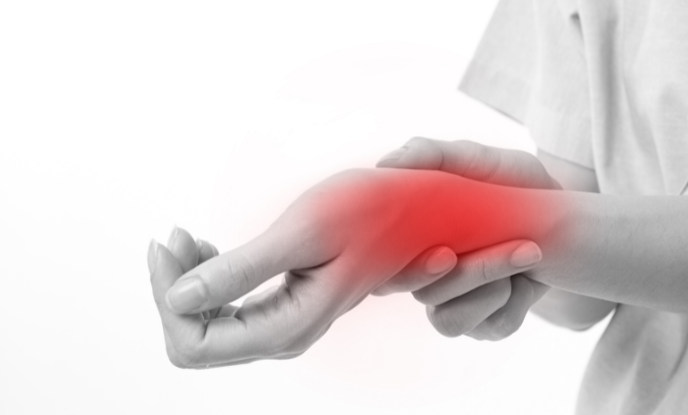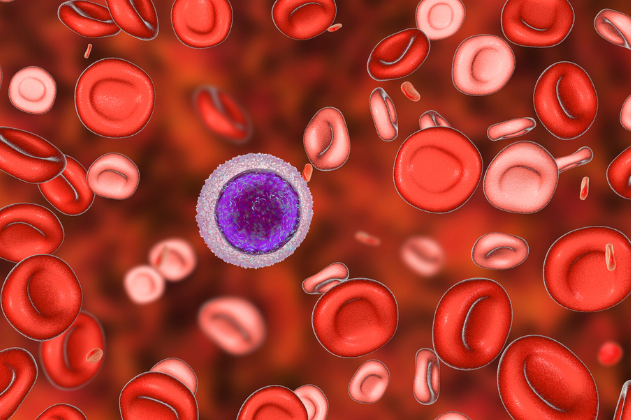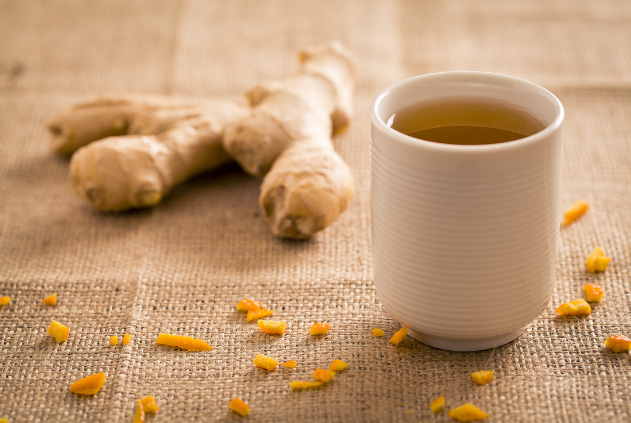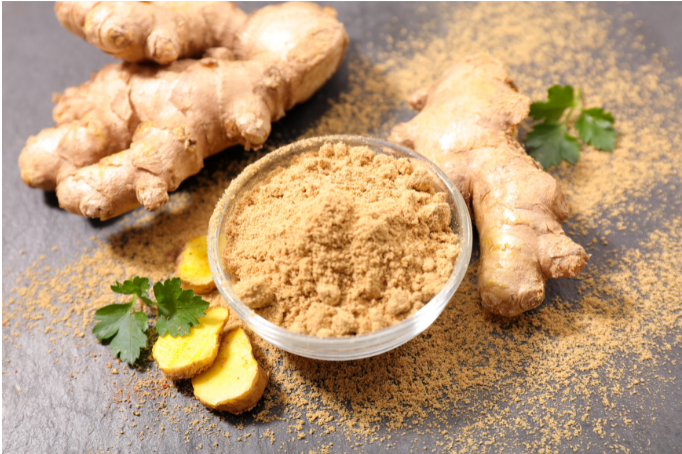Ginger root has been used in traditional medicine for thousands of years. It was a native to South-eastern Asia, India, and China until it began to be exported to other regions of the world, including Europe, the West Indies, Mexico, and South America. Ginger is commonly known to help with nausea and vomiting, as well as aid with gastrointestinal bloating. Today it can be found in dried, powdered, crystallized, and pickled forms. Another thing about ginger root is that it also has a rich array of nutrients and minerals such as magnesium, vitamin C, iron, and some amino acids.
Other than combatting gastrointestinal disturbances, ginger also has anti-inflammatory benefits that can aid with arthritis and menstrual pain, as well as help with the absorption of iron. In this article, I will go into detail about these benefits
Digestion & Indigestion

Ginger has been touted as the go-to herbal remedy for gut issues for thousands for years. Ginger can be used as a natural remedy for nausea related to pregnancy, motion sickness, cold sweats, vomiting, and nausea related to chemotherapy treatments. Ginger also can be used as a digestive aid. With its strong flavour and properties, ginger can help with the stimulation of digestive juices such as bile and pancreatic enzymes that can assist in breaking down fats and ease discomfort from eating a high-fat meal. Adding ginger to your meals or even drinking some ginger root tea before each meal can help with digestibility and even reduce the chance of bloating when eating a large meal. For those traveling or suffer from any nausea symptoms, having ginger extract chewable tablets will come in handy for quick relief.
Arthritis

Ginger, being is a very pungent root, has powerful anti-inflammatory effects in itself. Ginger contains gingerols, which is the active inhibitor of inflammatory proteins called cytokines that are the chemical messengers of the immune system. By reducing inflammation in the body, ginger extract alleviates pain in the joints caused by osteoarthritis and rheumatoid arthritis. Whether taken as the fresh root or in a powder extract form, some pain relief from the herb could be seen. In another study on the anti-inflammatory effects of ginger as an essential oil in rheumatoid arthritis, topical relief on the area has also shown some relief in joint swelling in the area it was applied. The study also pointed out that using the crude ginger root was more effective than using the essential oil or taking gingerol extract alone. The raw ginger extract carries all of the original nutrient and mineral contents that could support the activation of the anti-inflammatory effects in the body. To see some relief, it is recommended to take 5 grams of fresh ginger or 100mg-1g of powdered ginger daily to help reduce inflammation. For those who would use the essential oil topically, ginger is very strong and should be mixed with a carrier oil such as jojoba oil, almond or olive oil before directly applying it to the skin. Also, ginger essential oil may have some phytoestrogenic properties, so use it sparingly if there are any hormonal imbalances. Always consult your health care practitioner before taking larger doses of ginger extract, especially if currently on any medications.
Menstrual Pain

Painful period cramps, also known as dysmenorrhea, can cause a range of discomfort that no one wants to deal with. Many women have taken powerful anti-inflammatories to help combat this discomfort, but unfortunately, there are quite a few that have stomach sensitivities certain types of pain-relievers or NSAIDs (Nonsteroidal Anti-Inflammatory Drugs). With looking to herbal remedies that would aid individuals who cannot take NSAIDs, a study was conducted on the effectiveness of pain-relief of ginger on students who had moderate to severe primary dysmenorrhea. The study concluded that taking 500mg of ginger root powder three times a day at least two days before the beginning of a period and three days during a period was effective in reducing intensity and duration menstrual pain for the students. Ginger can prove to be an excellent alternative for women who have a sensitivity to NSAIDs but need some relief from painful period cramps.
Iron Deficiency Anemia

Iron deficiency is a common condition that could also be found predominately in menstruating women that have heavy flows. With ginger being great for menstrual cramps, taking ginger root after meals with your iron supplement can aid with better absorption, and reduce potential digestive upsets associated with iron supplementation. Adding some ginger root not only may take away some uneasiness that can be created from an iron supplement, but also can help absorb iron and alleviate some of the side effects. As a bonus, ginger root also contains iron on its own as well as magnesium and vitamin C, which also packs nutritional benefits.
Remedy Recommendation

Ginger root tea
For those who have very heavy periods and have any discomfort, here is a quick remedy to aid with it.
- Take about 1 thumb-sized piece of ginger gently crushed
- Boil 2 cups of water in a small pot
- Place the crushed ginger in the boiling pot of water and let simmer for about 5 minutes
- Remove pot from heat and let the ginger steep for another 10 minutes
- Strain ginger from the brew and enjoy as a beverage
- If too strong, add more water or any sweetener of choice
I would recommend drinking this tea three times per day, along with taking your prescribed iron supplement to not only alleviate discomfort but to boost iron absorption as well.
Take Away

Ginger root is a very common remedy you can find in almost any food market and health food/supplement store. With its diversity of health benefits, it would be beneficial to add to your daily regime to improve overall wellness.
Important note
When taking ginger in higher concentrations (i.e., supplementation or extract form) in conjunction with an NSAID, use with caution. NSAIDs and ginger both may have blood-thinning properties, which, combined, could increase the risk of bleeding in the digestive tract. When in doubt, speak to your health care practitioner before use.
Sources
- Funk, Frye, Oyarzo, Chen, Zhang, & Timmermann. (2016). Anti-inflammatory effects of the essential oils of ginger (Zingiber officinale Roscoe) in experimental rheumatoid arthritis. PharmaNutrition, 4(3), 123-131.
- Stoilova, Krastanov, Stoyanova, Denev, & Gargova. (2007). Antioxidant activity of a ginger extract ( Zingiber officinale). Food Chemistry, 102(3), 764-770.
- Kulkarni, Rashmi, et al. “Ginger supplementary therapy for iron absorption in iron deficiency anemia.” (2012).









